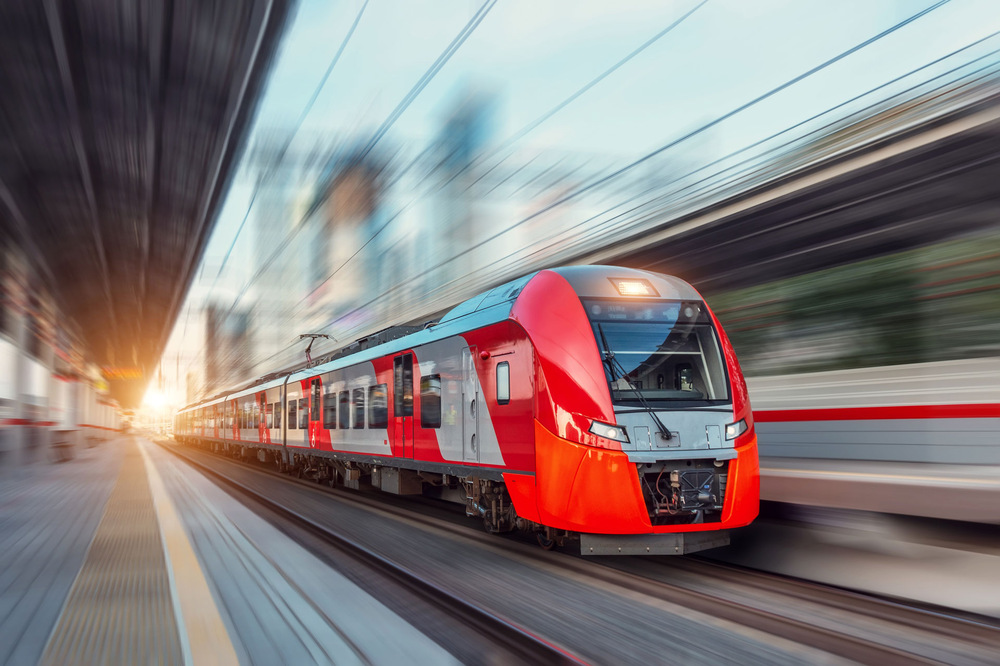Canada is planning its first fast train service between Toronto and Quebec City. Prime Minister Justin Trudeau shared the news on February 19, 2025, backing it with $3.9 billion to start the work.
The new train service, called Alto, would cut the current five-hour trip between Toronto and Montreal to just three hours. Trains would run on electricity and reach speeds of 300 kilometers per hour – making it significantly faster than current rail options. A regular car trip between these cities typically takes around five hours on existing highways.
The route would connect seven cities: Toronto, Peterborough, Ottawa, Montreal, Laval, Trois-Rivières, and Quebec City. For people living in these areas, this means more options for work and family visits. The faster connections would make it easier for people to travel between cities for work or personal reasons.
“Just think about the 4,000 kilometres of steel rail that we’re going to need to lay,” Trudeau said, pointing out how the project would use Canadian materials and create jobs. The government expects it will create 51,000 construction jobs and add $35 billion yearly to Canada’s economy once running.
Similar Posts:
The environmental impact would be significant too. The electric trains would induce environmental benefits of $7.2 billion over the coming decades. For travelers, this means a more environmentally friendly way to travel between cities compared to cars or planes.
But the project faces real challenges. The initial $3.9 billion only covers planning and design, which could take five years. The total cost remains uncertain, with earlier government estimates from 2021 ranging between $6 billion and $12 billion, though a government source suggested it could be more than double that amount. Previous attempts to build fast trains in Canada, dating back to 1971, never made it past the planning stages.
Political debates have already started. Transport Minister Anita Anand supports the project as necessary for Canada’s future. However, Conservative critic Philip Lawrence called it a rushed announcement from a departing government. The NDP has criticized the private-sector partnership, arguing it will drive up costs and delay construction.

Paul Langan, who has long supported fast trains in Canada, sees hope in this announcement. He notes that Canada is the only G7 country without high-speed rail. Other G7 nations like Japan and France have had high-speed rail systems for decades.
The success of Canada’s first high-speed rail line depends on whether it can survive government changes and keep public support through years of planning and construction. For now, Canadians wait to see if this time, the promise of faster train travel will become reality.


















